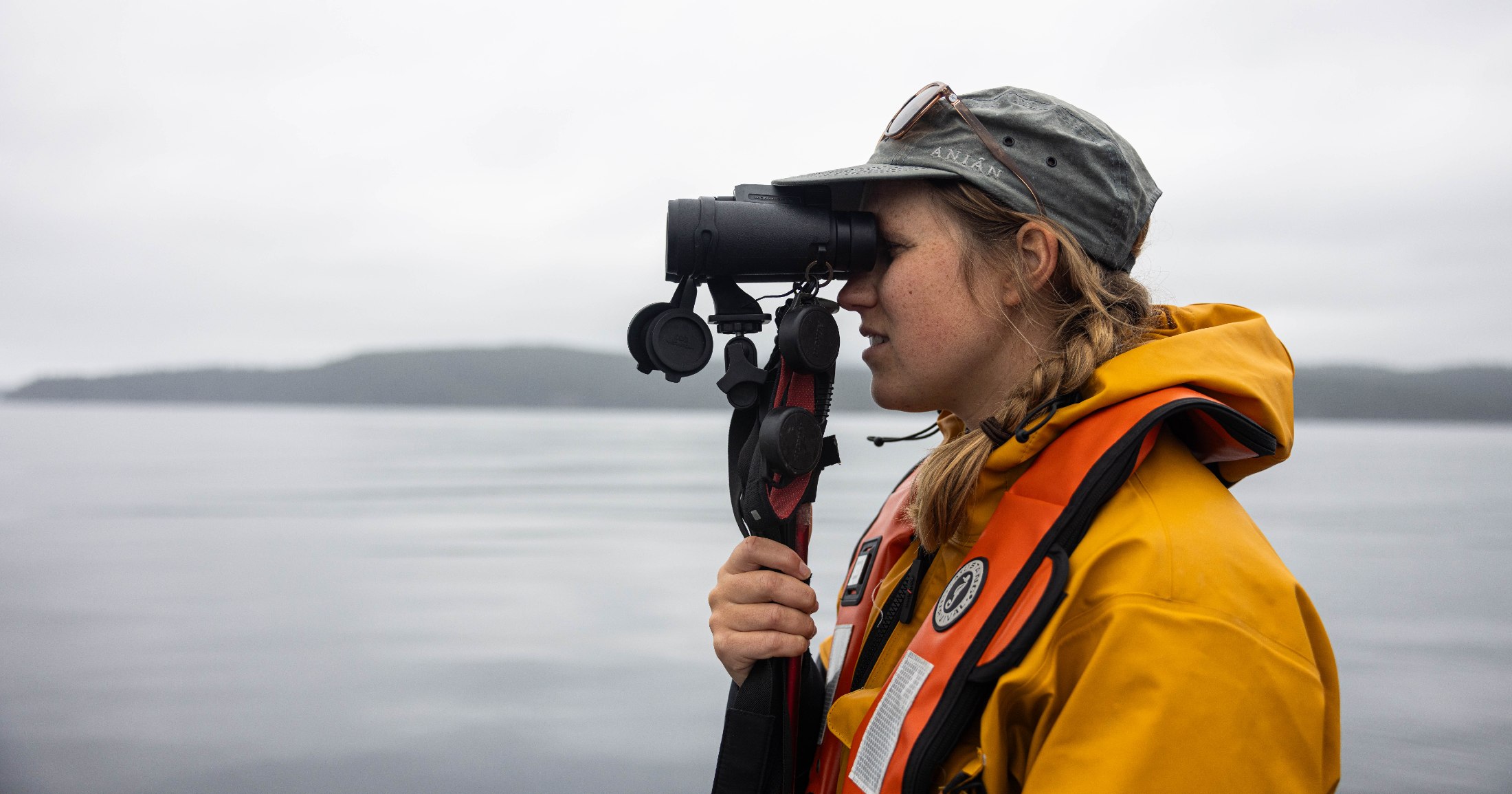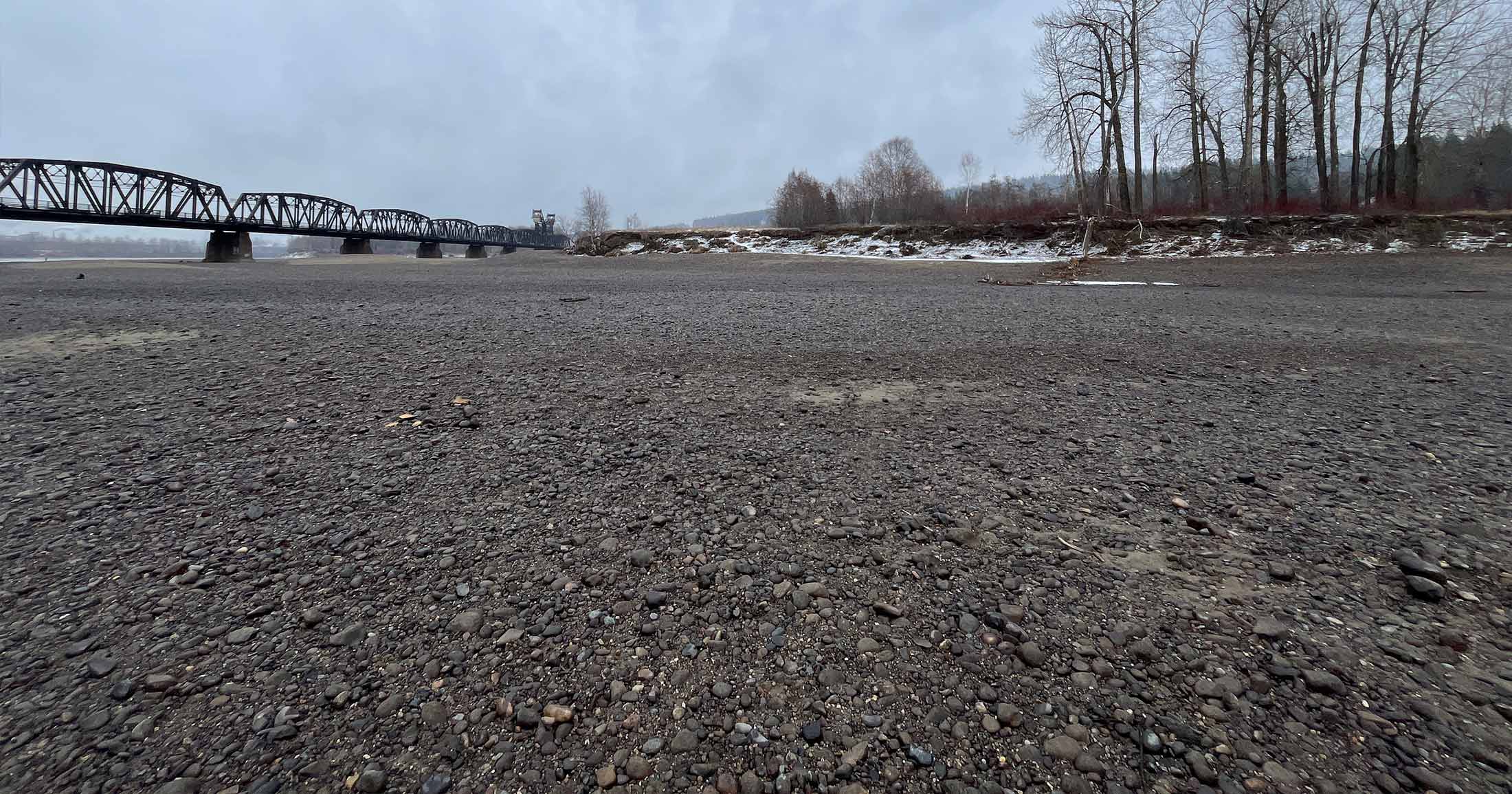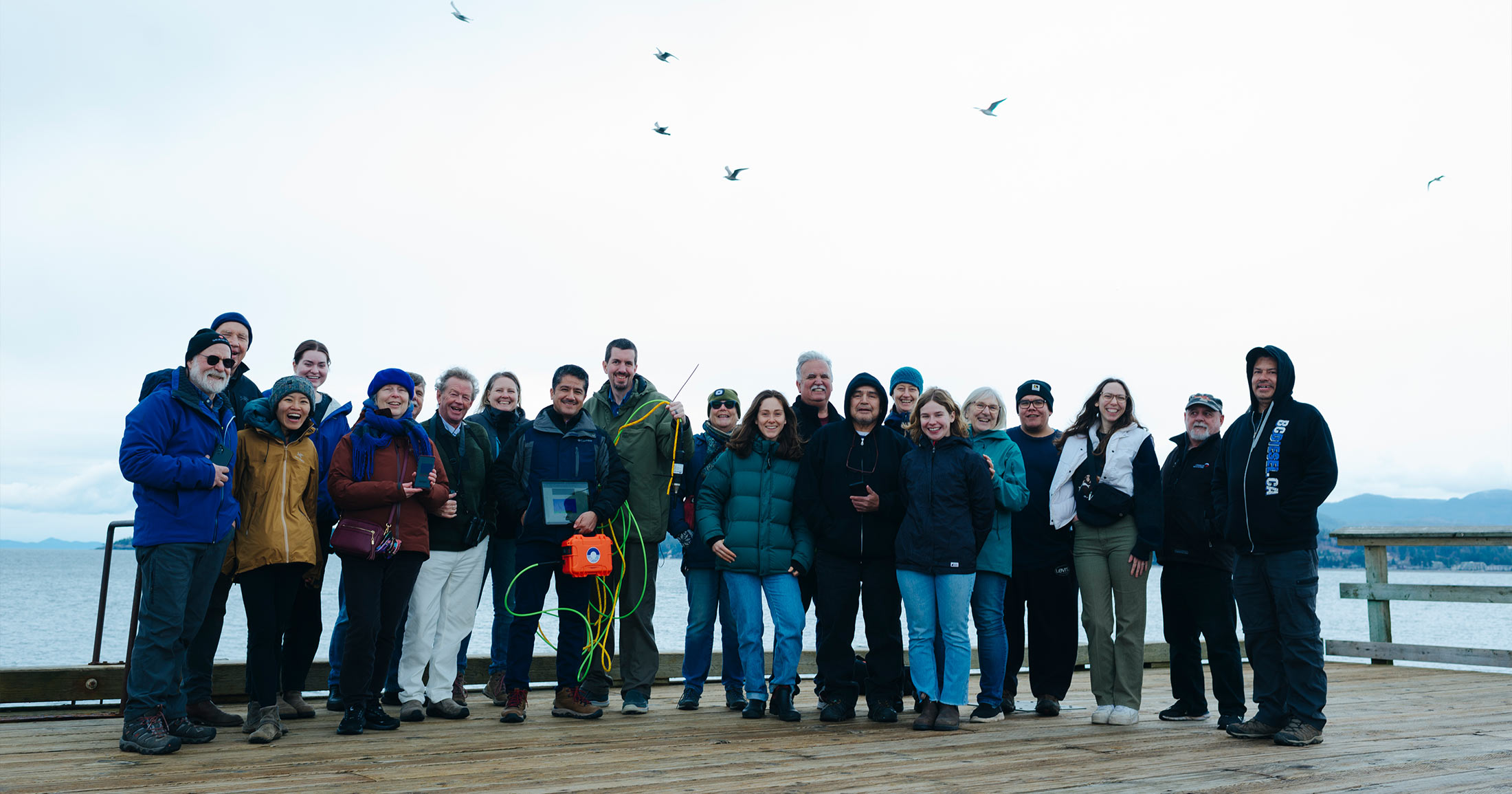Conservation groups urge the NEB to reject Kinder Morgan pipeline
Kinder Morgan application has failed to consider project’s impacts on killer whales, risks of marine spill.
VANCOUVER – The National Energy Board (NEB) must reject Kinder Morgan’s Trans Mountain pipeline project because of gaps and deficiencies found in its application, conservation groups say.
“The quantity of Kinder Morgan’s evidence does not make it quality evidence,” said Karen Campbell, Ecojustice lawyer. “The evidence we will present to the NEB reveals that Kinder Morgan has downplayed environmental risk and overstated the economic benefits. In our view, the Board has one recommendation option, to reject the Kinder Morgan project.”
Ecojustice lawyers, representing Living Oceans Society and Raincoast Conservation Foundation, will appear before the NEB panel charged with reviewing Kinder Morgan’s Trans Mountain Expansion Project tomorrow to make final arguments against the project.
Written submissions (PDF) from the groups argue Kinder Morgan has not provided sufficient information to evaluate the proposed project’s risks, including its effect on endangered Southern Resident killer whales, risks to people and communities in the region, and the potential impacts of a major oil spill in the Fraser River or the Salish Sea.
“Kinder Morgan’s application fails to adequately convey the impacts the project will have on the critical habitat of endangered killer whales,” said Misty MacDuffee, conservation biologist with Raincoast Conservation Foundation. “These whales are already at risk of extinction. Our research indicates that the increased underwater noise from Kinder Morgan’s tanker traffic accelerates their decline and increases their risk of extinction.”
Kinder Morgan is proposing to twin its existing Trans Mountain Pipeline. This would increase the amount of oil transported from Edmonton to Burnaby’s Westbridge Terminal from 300,000 barrels per day to 890,000 barrels per day, and increase tanker traffic through Burrard Inlet and the Strait of Georgia by nearly seven times.
“Increased tanker traffic means much greater likelihood of a catastrophic oil spill off of British Columbia’s coast, but Kinder Morgan’s evidence fails to address the possible impacts submerged dilbit could have on the marine environment in the event of a major spill,” said Karen Wristen, Executive Director of Living Oceans Society. “Without that information, it is impossible to properly assess the risk this pipeline poses to B.C.’s coastal communities. As it stands, this pipeline should not be approved.”

For media inquiries
Karen Campbell, lawyer│Ecojustice
Karen Wristen│Living Oceans Society
Misty MacDuffee│Raincoast Conservation Foundation
Support our mobile lab, Tracker!
Our new mobile lab will enable the Healthy Waters Program to deliver capacity, learning, and training to watershed-based communities. We need your support to convert the vehicle and equip it with lab instrumentation. This will allow us to deliver insight into pollutants of concern in local watersheds, and contribute to solution-oriented practices that protect and restore fish habitat.










